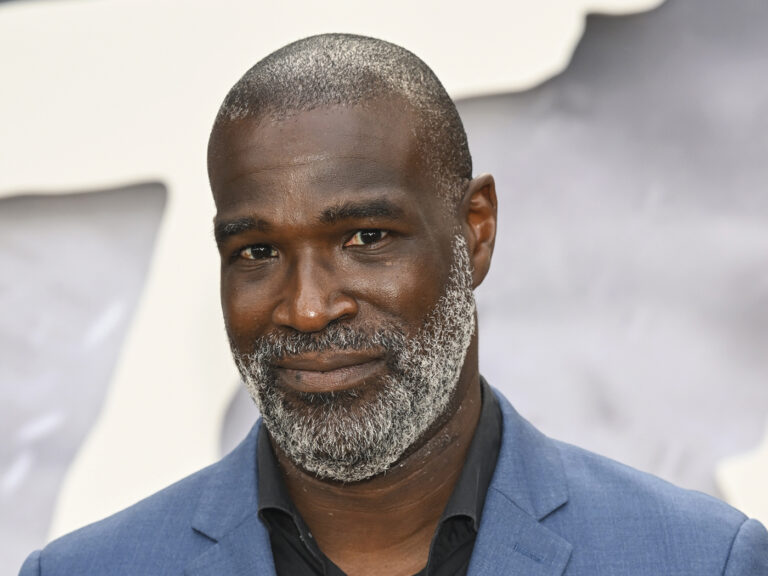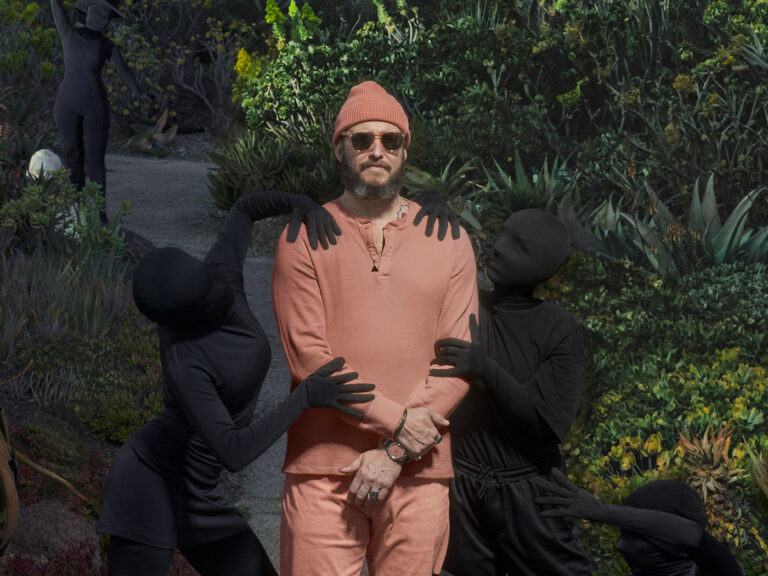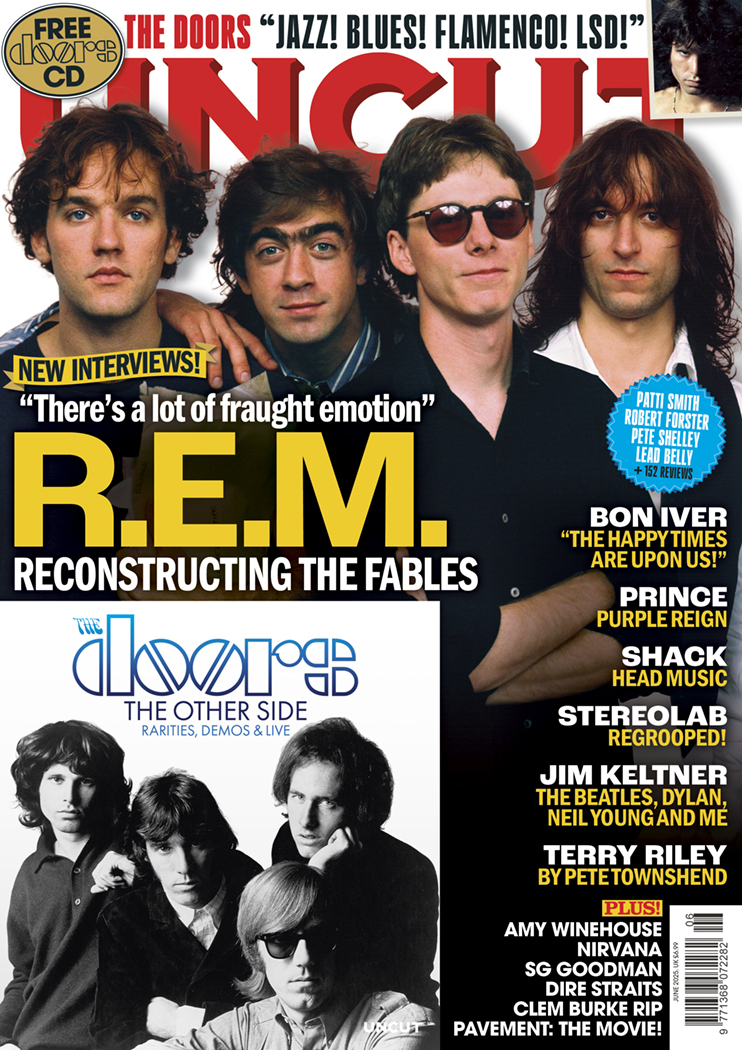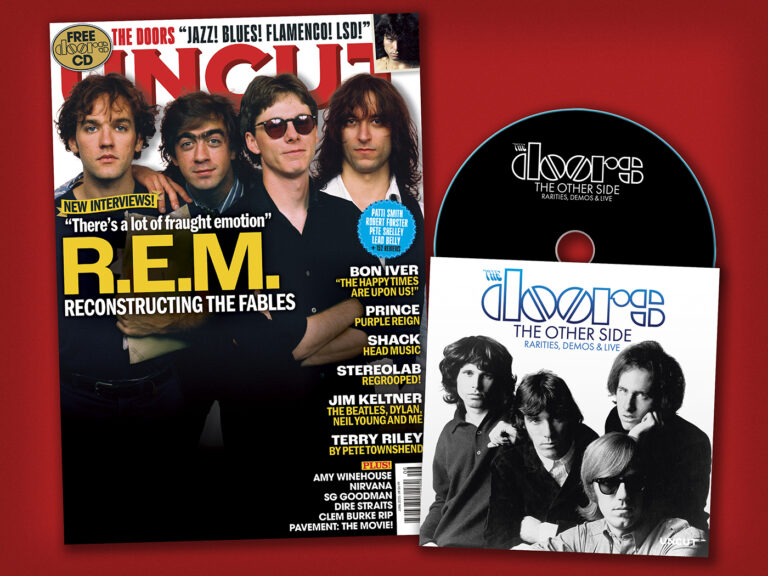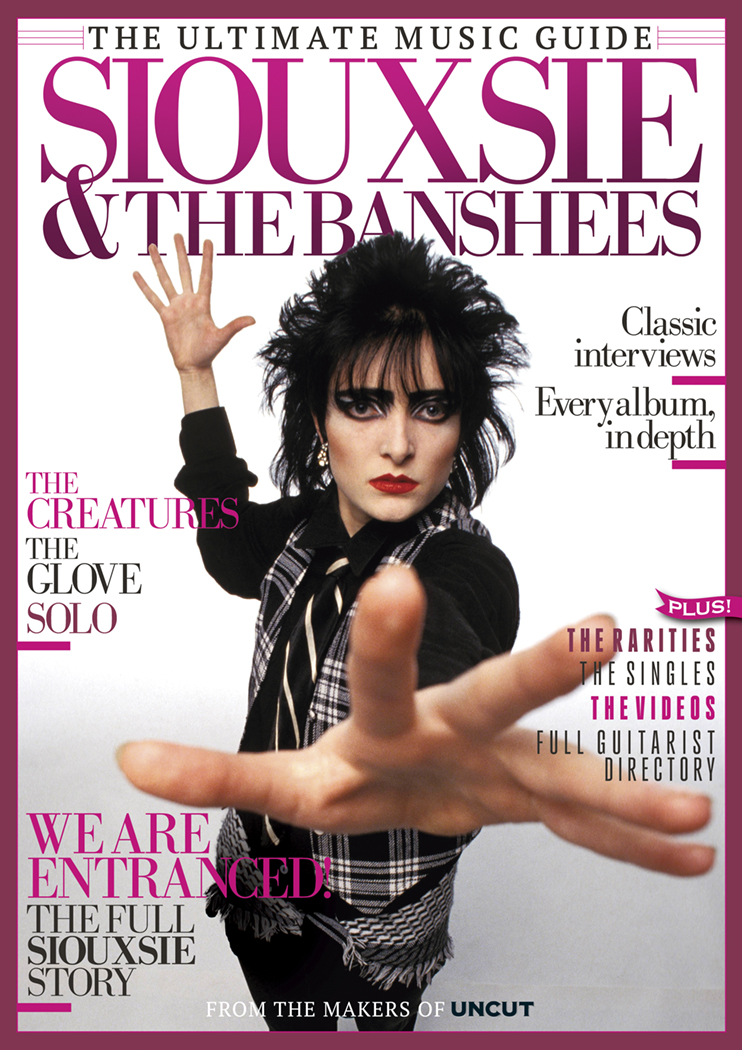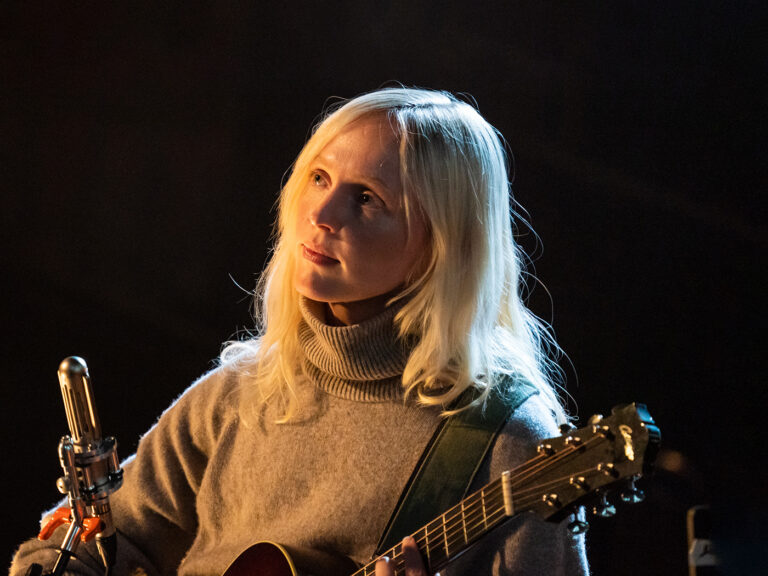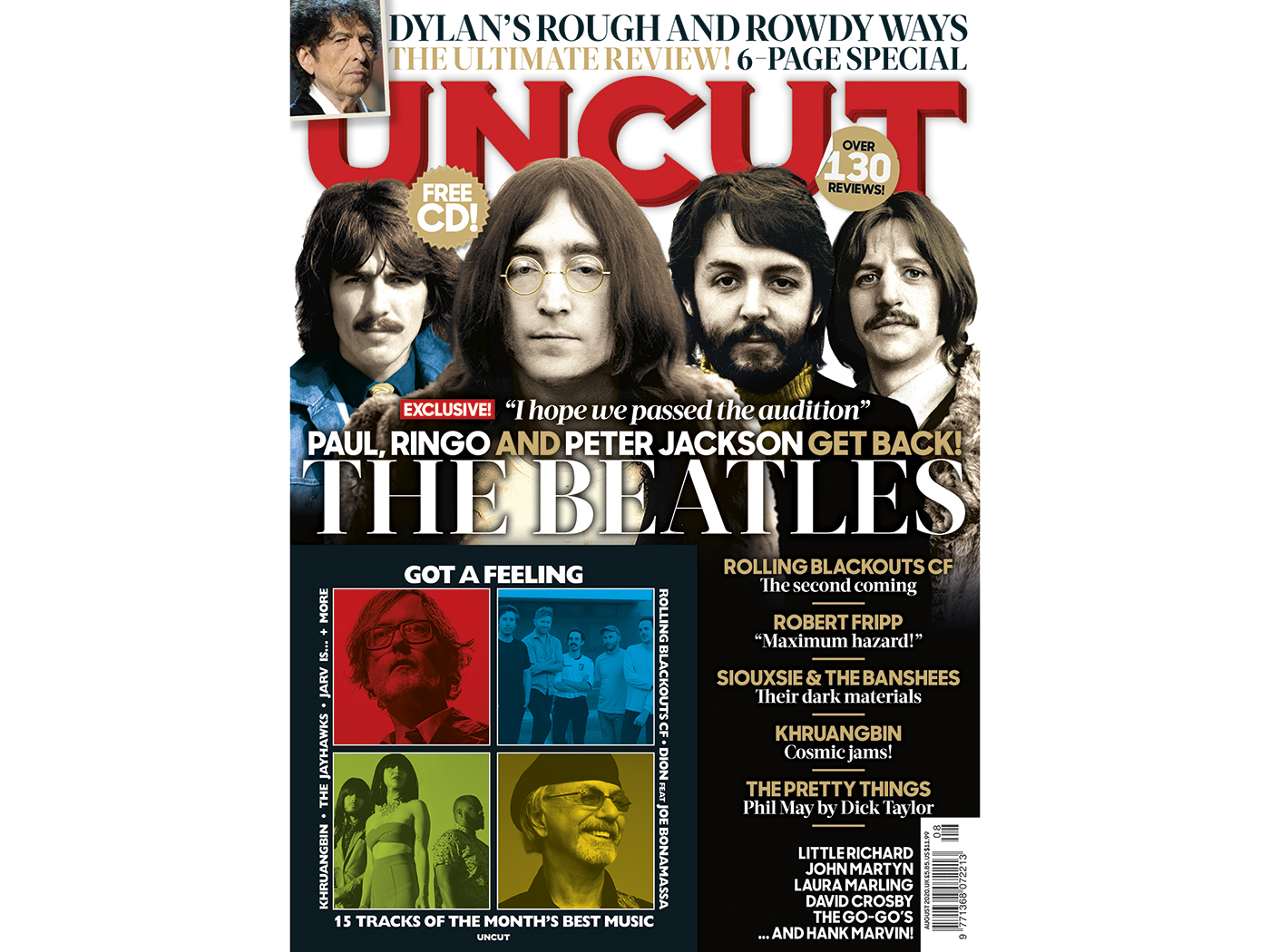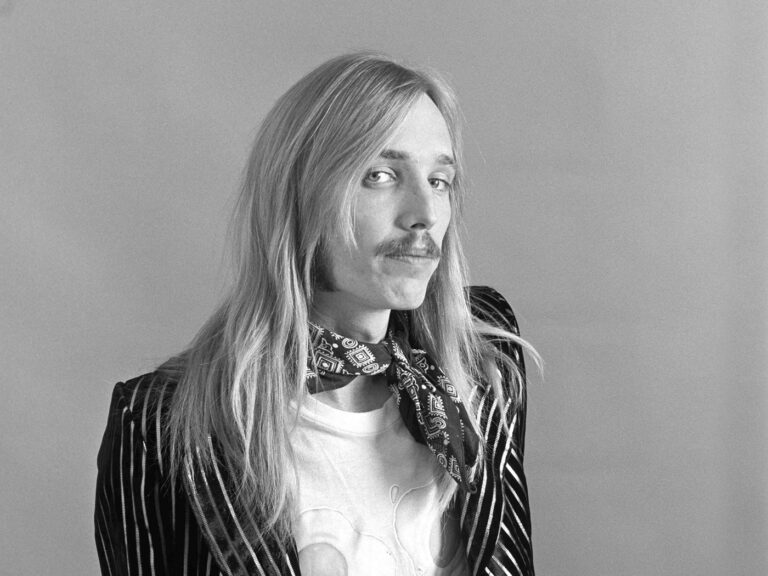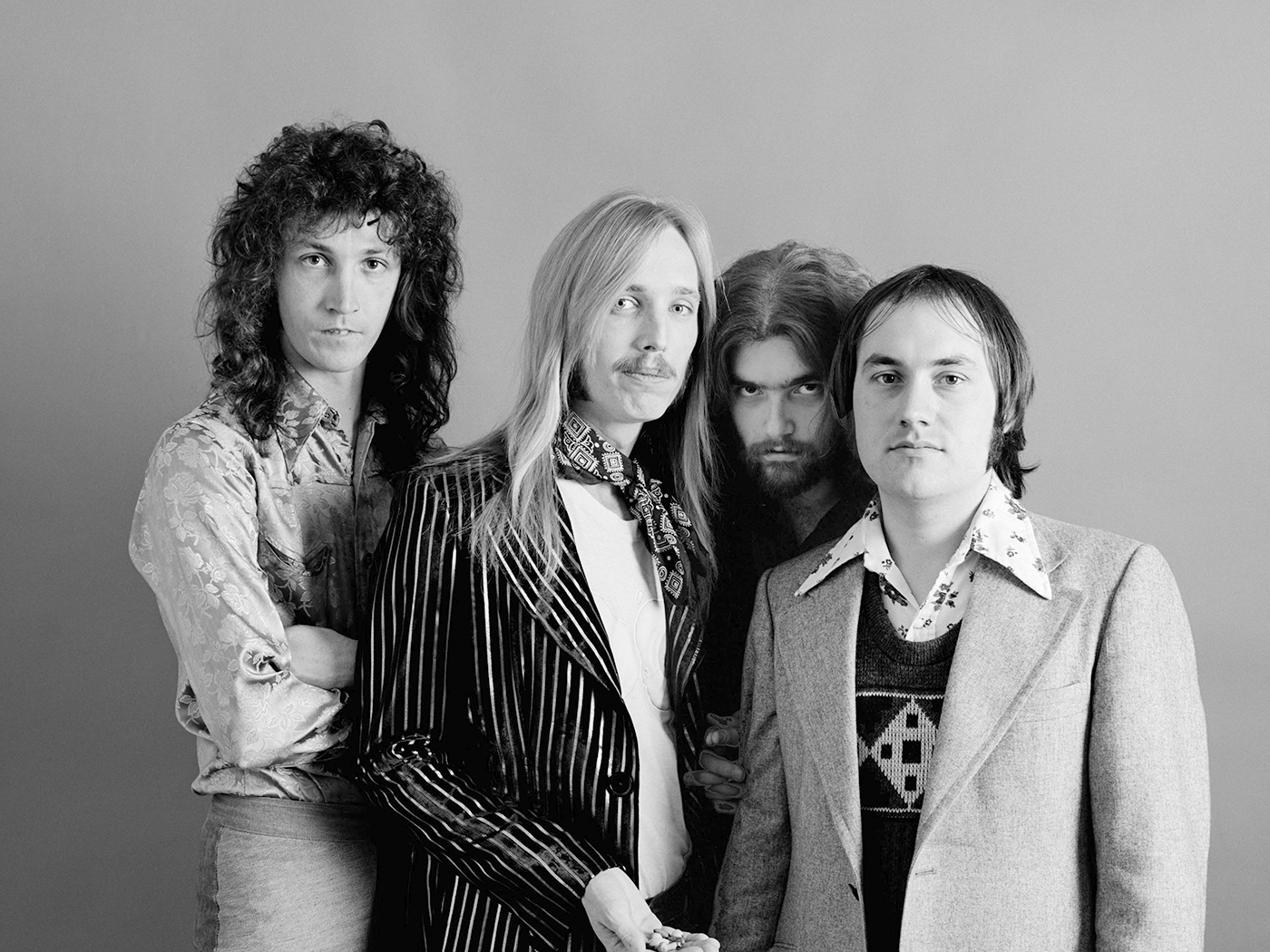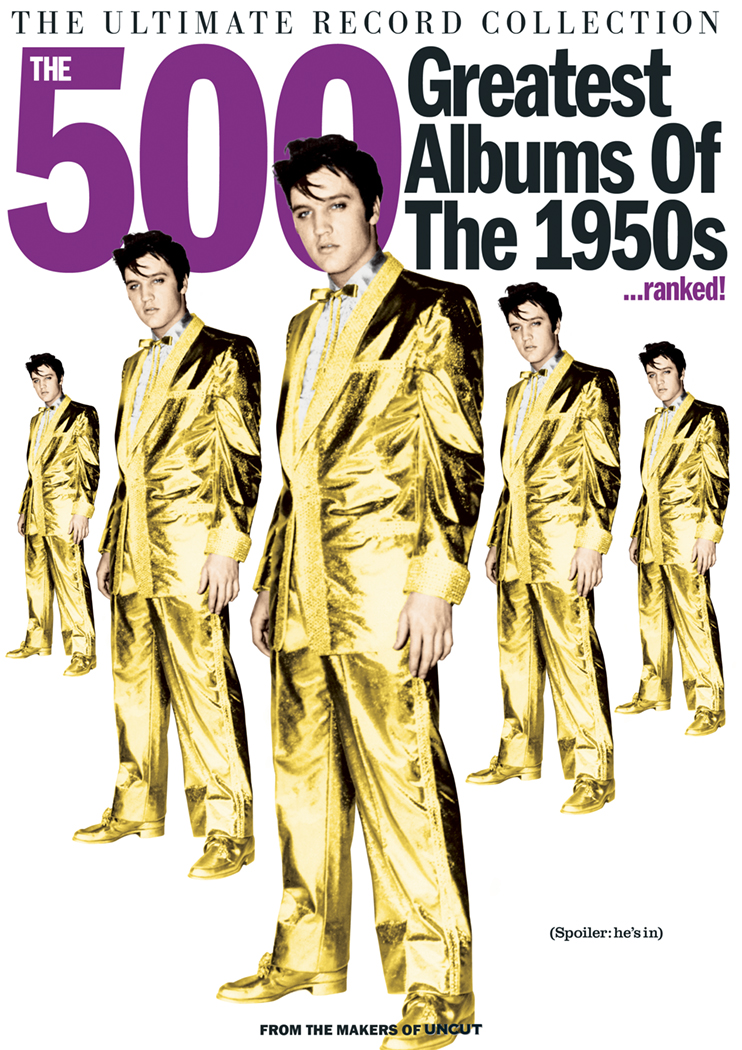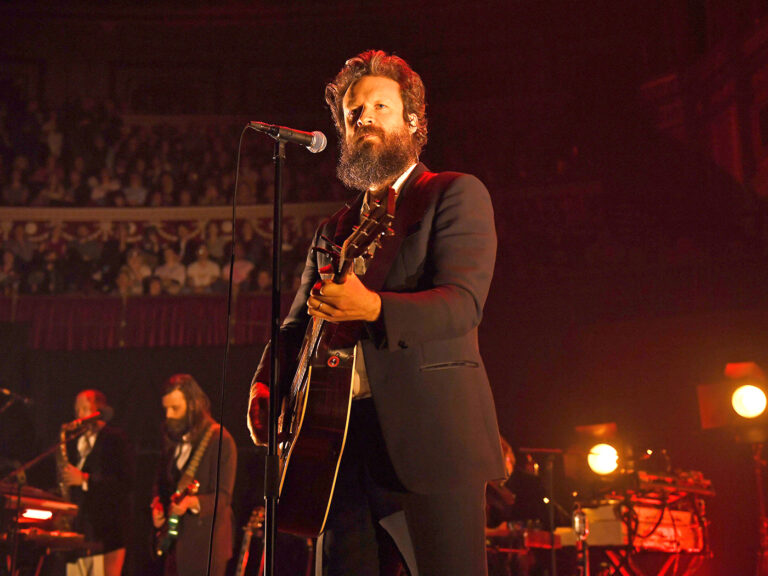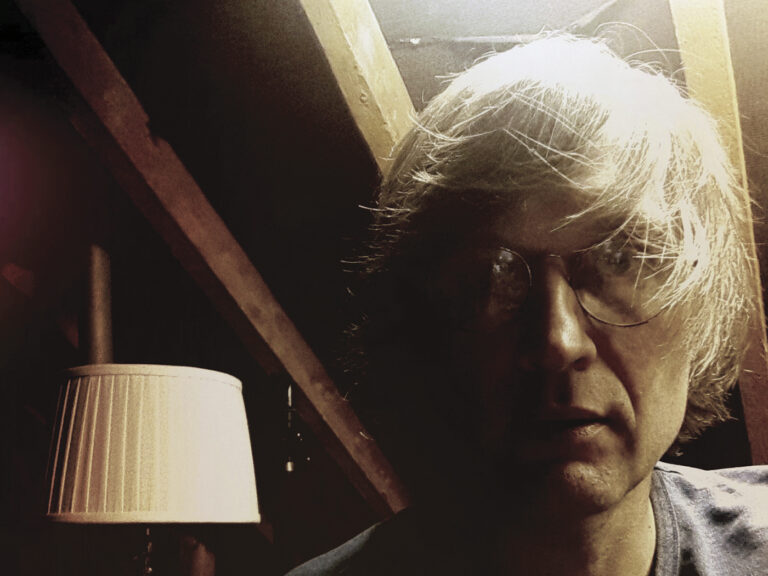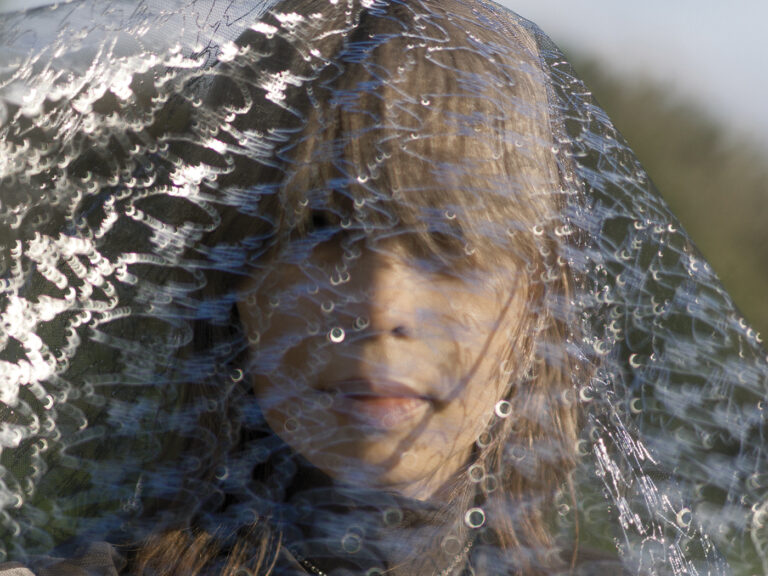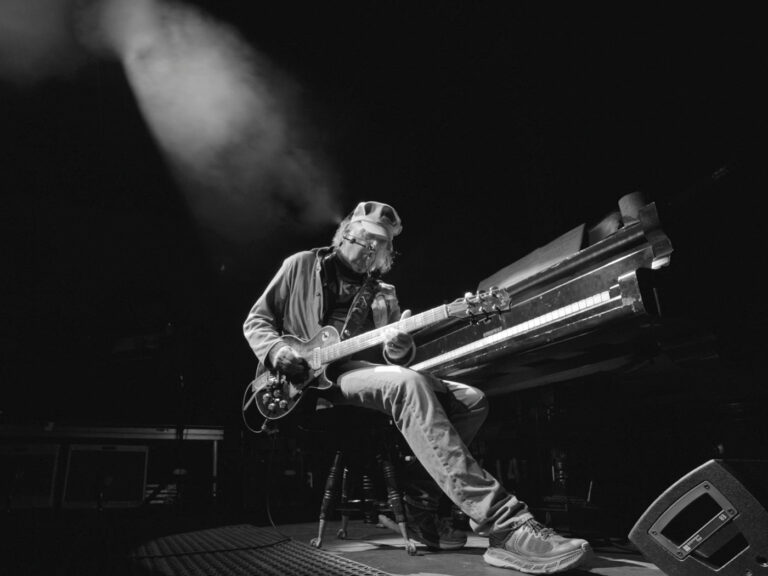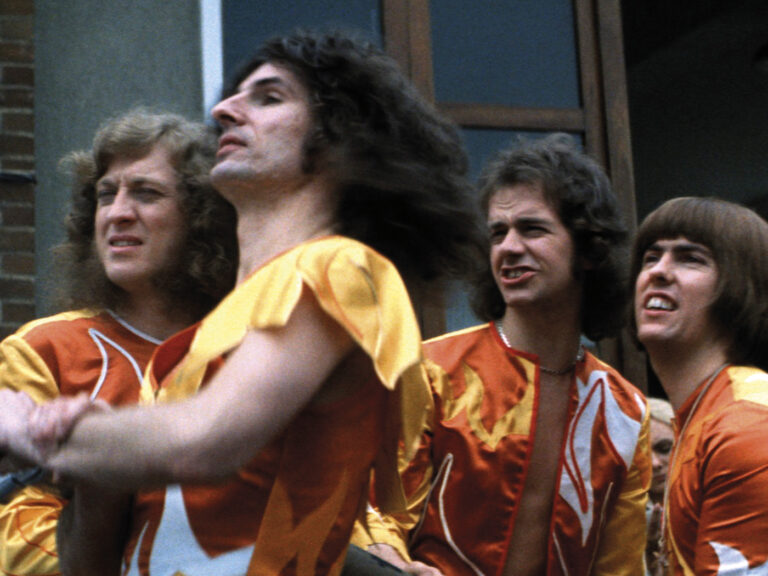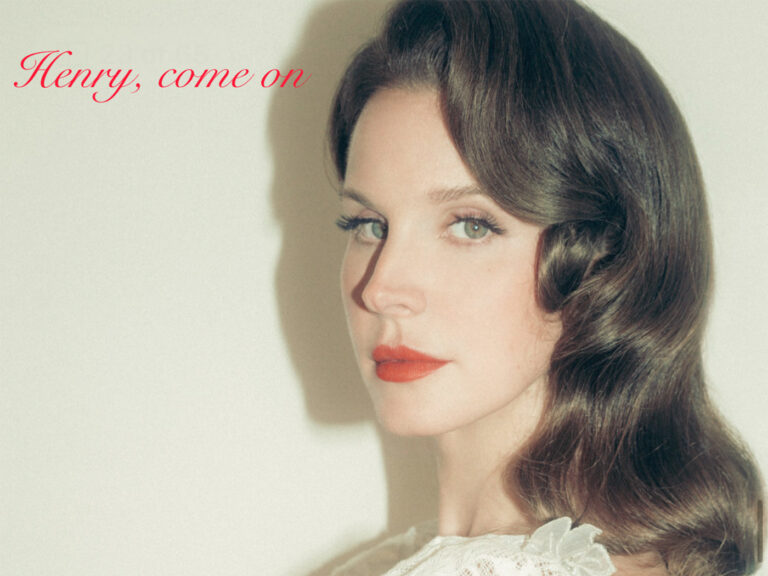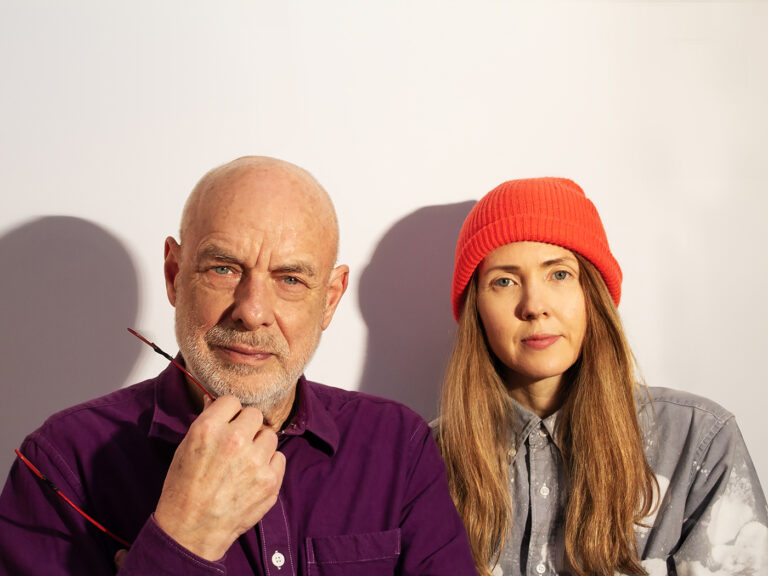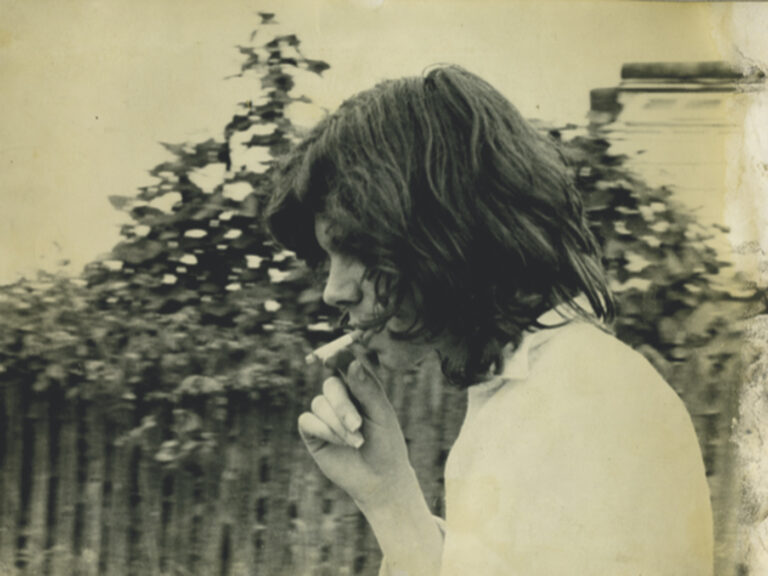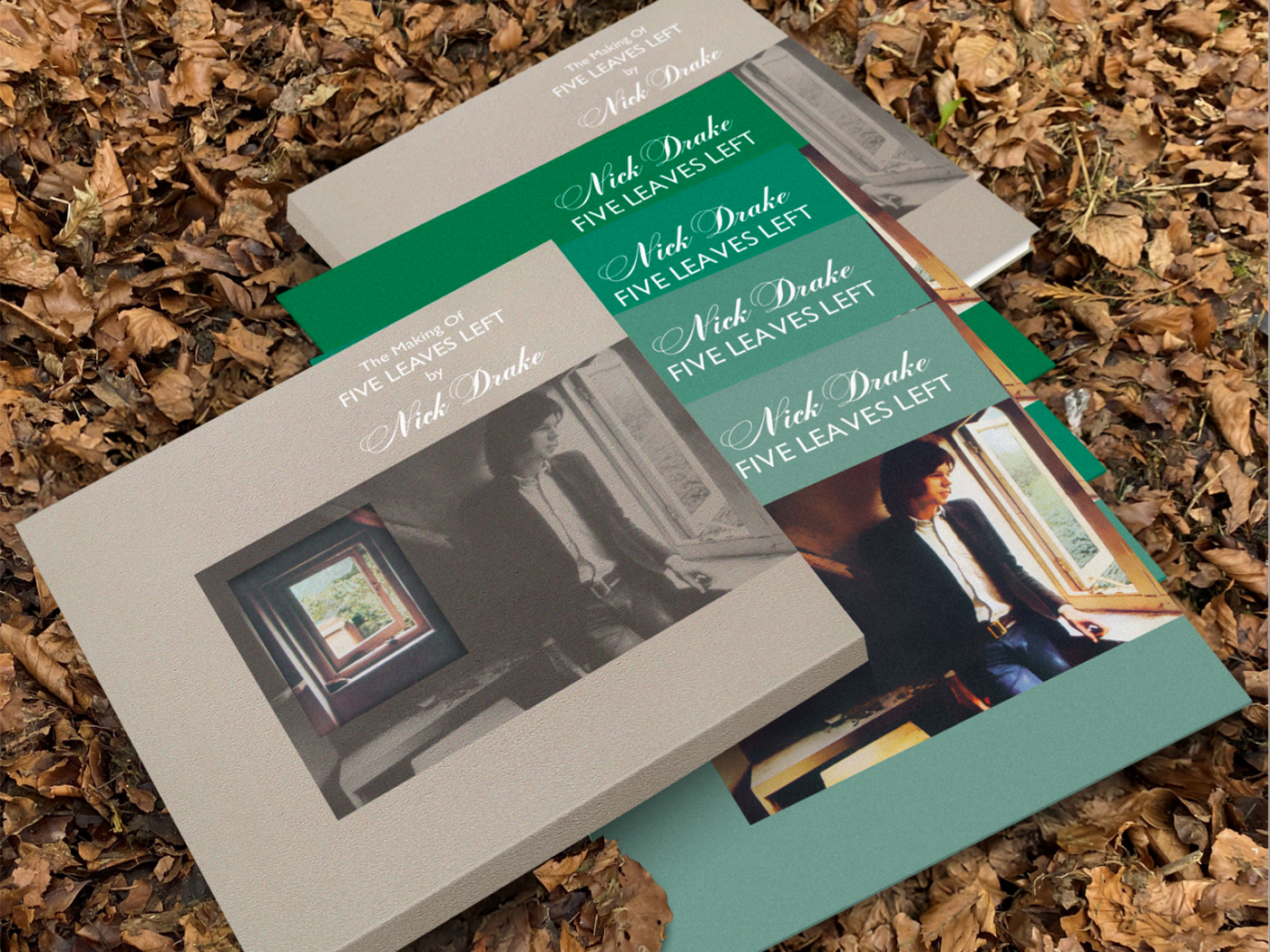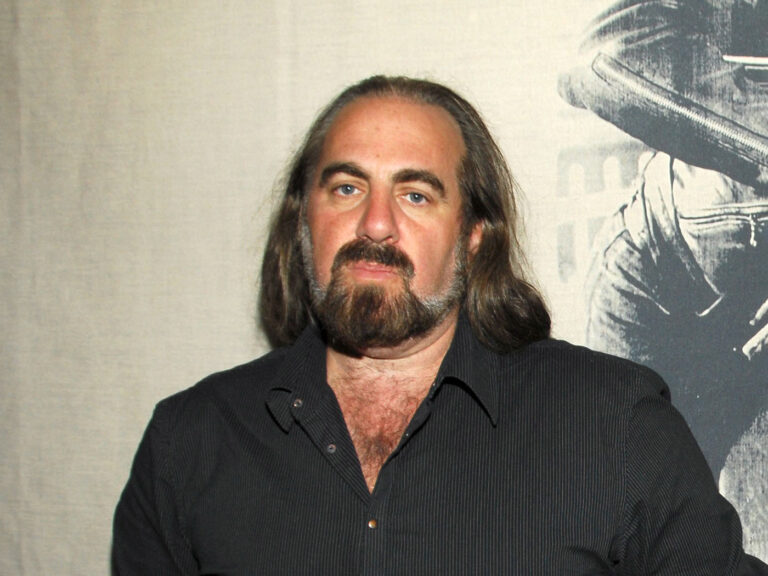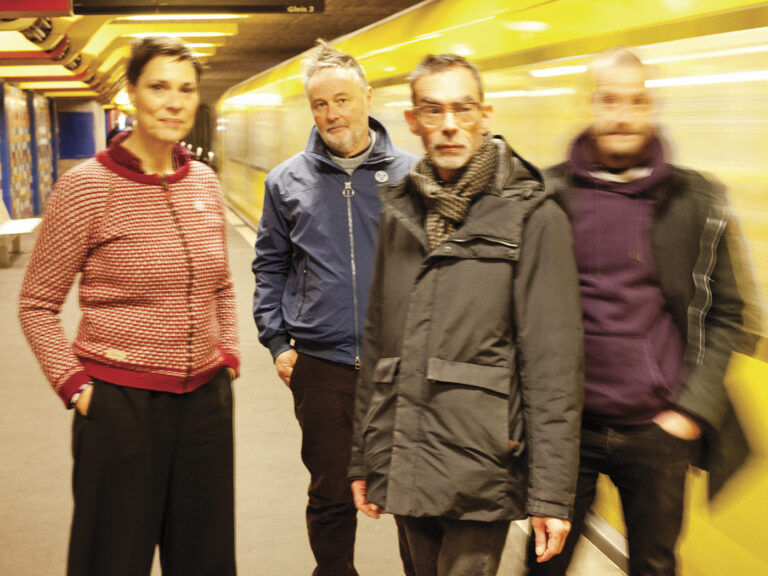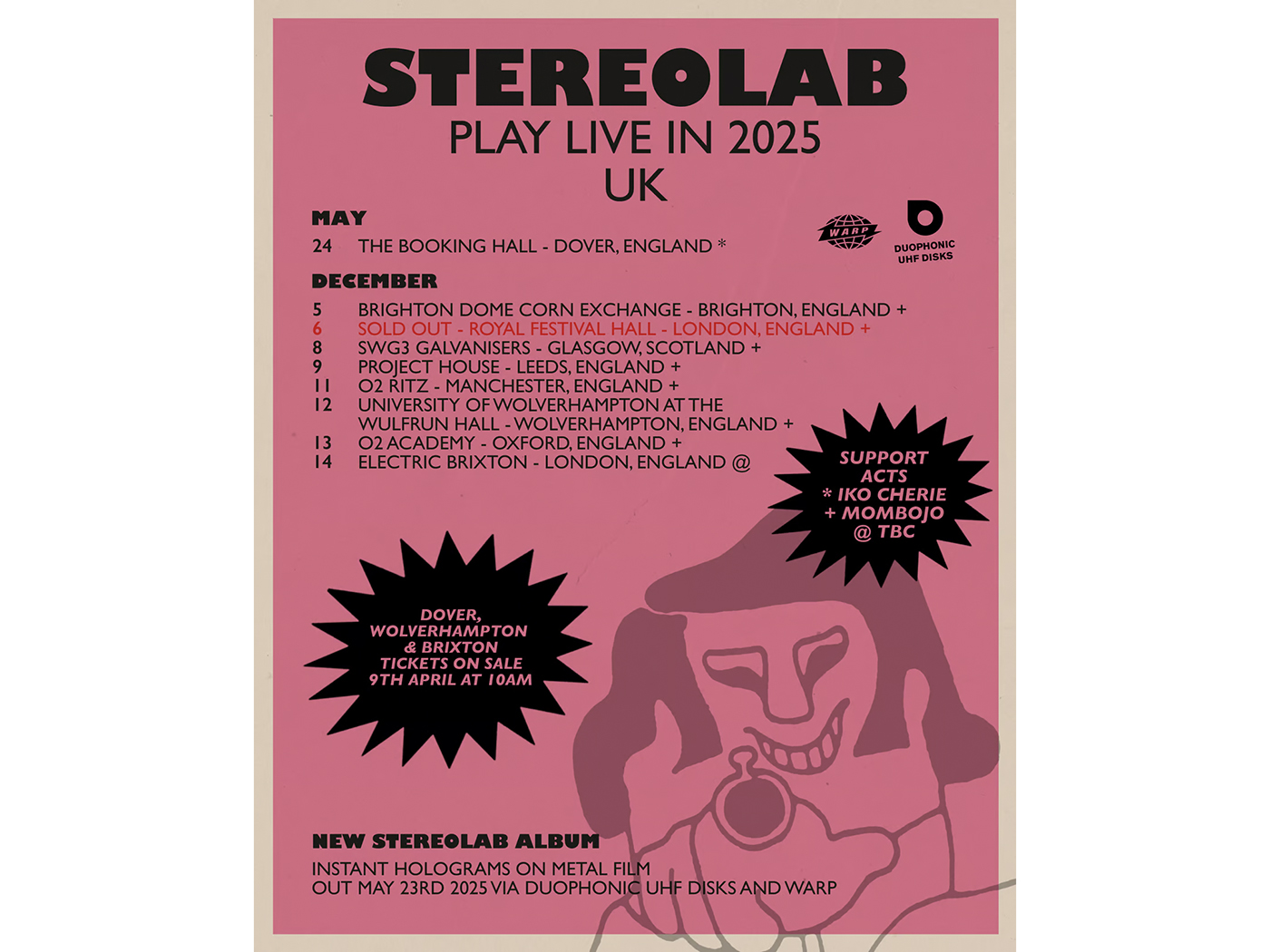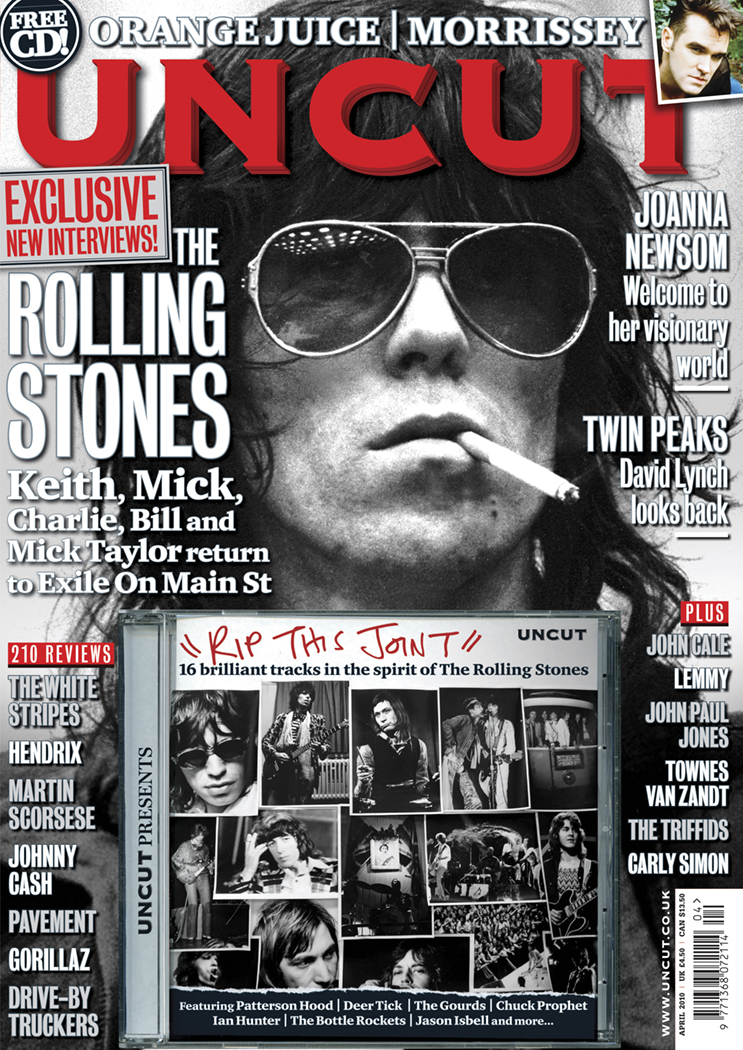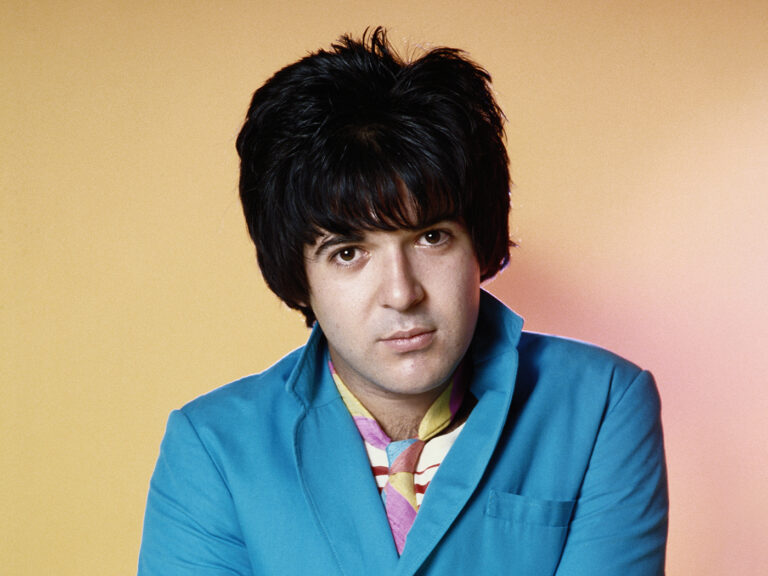The TV On The Radio frontman on his formative transmissions: “It's great when a show feels a little bit dangerous”
The TV On The Radio frontman on his formative transmissions: “It’s great when a show feels a little bit dangerous”
STEVIE WONDER
Talking Book
TAMLA, 1972
I remember this record playing in our house when I was very young, particularly “You Are The Sunshine Of My Life”. It’s an absolute skill to write lyrics that are so simple and so effective, even if it could only have been written in that time, because no-one had used that set of lyrics before! But it’s such a gorgeous record. My mom would also play me things that Stevie Wonder had done in the ’60s when he was a kid, and it’s interesting at a young age to have an idea of how an artist can evolve. Something that’s stuck with me is the realisation that there are a million different ways to be an artist, and as you get older, your ability and willingness to do different things increases.
KING SUNNY ADÉ AND HIS AFRICAN BEATS
Synchro System
ISLAND, 1983
My parents are both from Nigeria, and this was their party music. We lived in Pittsburgh, and there was a Nigerian community there of folks that my parents knew. If there was a birthday party or something, everyone would show up and show out, dancing to <Juju Music> or <Synchro System>. I always keep coming back to this record, because the guitar on it is so psychedelic in places. It’s never been weird for me to hear guitars in African or black music, which might sound very odd to say, but you’d be astonished at how many people were confused at the inception of TV On The Radio, like “How did you discover rock’n’roll?” And the answer is, “Well, black people invented it…”
FUGAZI
13 Songs
DISCHORD, 1989
In high school, I had a few friends who let me know that everything I was listening to was terrible, and introduced me to hardcore. I was like, ‘Oh, right – this sounds a little more like how we all feel.’ I remember hearing “Waiting Room” on some college radio programme in Pittsburgh, and that was it for me. I wanted to know everything about this band, and what I found out was pretty formative in terms of me wanting to make music, or even thinking that I <could> make music. I saw them in New Haven in 1992 and it was crazy. It’s great when a show feels a little bit dangerous, but there’s also a code of conduct. So you can throw yourself around and hopefully everyone’s cool about it.
BEASTIE BOYS
Check Your Head
GRAND ROYAL / CAPITOL, 1992
I loved the Beastie Boys when they were jokey morons, but I remember being very confused by <Paul’s Boutique>. It’s one of my favourite records now. But then to hear <Check Your Head> when I was in the same headspace as listening to Fugazi was a big deal for me, because you have these rappers who had roots in punk and who brought those two things together in a way that was not as slammed-together as ‘rap rock’. It really burned into my brain a mode of being where it was, ‘You’re sort of a grunge kid, you’re sort of a hip-hop kid and a metalhead, and you can do all of that.’ It’s all in there together in a way that was really ground-floor formative.
MORPHINE
Cure For Pain
RYKODISC, 1993
They came through and played a show in Pittsburgh. First off, you see someone with a two-string bass and I was like, ‘I didn’t know you could do that – that’s great!’ And the other two instruments are saxophone and drums, and they’re just killing it. They’re so laid-back, but they can make really lush, emotional landscapes with that small set-up, and Mark Sandman’s voice is just the coolest. There was a lot of deep poetry, outlaw lounge-singer stuff going on in the ’90s, but Morphine was the best version of that because it didn’t sound like a coat someone was trying to put on. I always take a lot of pleasure in introducing people to that band.
ALICE COLTRANE
Journey In Satchidananda
IMPULSE!, 1971
I’m trying to think of where I first heard it. It was probably another college radio thing, but I remember thinking it sounded like someone was flying around a room with these crazy arpeggios, and I was like, ‘What the fuck is this?’ And then the DJ comes on and says, ‘That was Alice Coltrane’ and explains her partnership with John Coltrane, and her life, and starting an ashram. The depths of her spirituality and her belief in music as a transformative power just really sat with me. I like listening to somebody make music that is essentially prayer, but not boring! I’m religion-averse in a lot of ways, but this music is just inclusive and beautiful. It brings me a lot of joy and peace listening to it.
TINARIWEN
Amassakoul
WORLD VILLAGE, 2004
We were at Coachella, it must have been 2006 or something, and our trailers were next to each other. You see these Tuareg gentlemen in their long robes, hanging out. And it was just like, ‘You guys are cooler than anybody else here – I’m going to walk over and say hello to you!’ A friend of ours, Ian Brennan, knew the guys in Tinariwen and ultimately produced a record of theirs that Kyp [Malone, TV On The Radio bandmate] and I sang on. We went and recorded with them in the desert, right in the Sahara, which was a really incredible experience. I haven’t seen them live in a long time, but I hope to again. Again, it’s the guitars in African music! It’s a full-on jam, all the time.
MORT GARSON
Mother Earth’s Plantasia
HOMEWOOD RECORDS, 1976
I’m a sucker for very early electronic music, when you had to get something out of a synthesiser that was the size of eight refrigerators and make it sound melodic. I remember a friend who had a first-edition copy of this record that he found in a thrift store. He disappeared for a number of days, and when I went to his apartment, I found he’d essentially been taking acid for three days and learning how to talk to plants. Years later, I rediscovered this little world of pleasant, electronic gnomes running around. There’s just such a sweetness to it. I’d play it for my kid when she was little, and she would stop and really take it in. So it works even if you’re not tripping out of your mind.
Tunde Adebimpe’s new solo album Thee Black Boltz is released by Sub Pop on April 18


